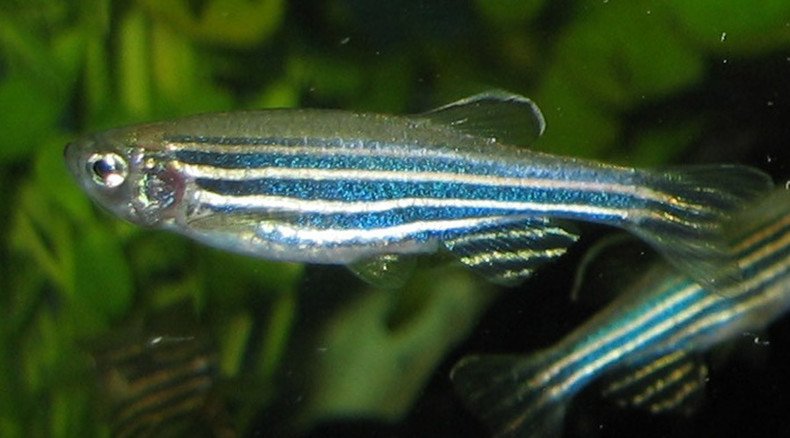Fishy feeling: New study reveals fish really do have feelings

A study has found that a certain type of fish can experience “emotional fever.” It had widely been believed that fish don’t have any feelings, but research has shown that Zebra fish react when put in an environment they are uncomfortable with.
The research, carried out by a group of scientists from the UK and Spain, put 72 Zebra fish in water 1 C° warmer than they are used to. A control group was observed, where the Zebra fish were kept in temperatures they experience in their natural habitat.
The study, published in the Proceedings of the Royal Society B, then transferred the fish to a tank, which had different sections heated to different temperatures. This meant the fish would be able to swim freely to different sections of the tank if they wished.
The scientists noted the fish that had been stressed stayed in the area of the tank that was warmer than normal. In contrast, the control fish stayed in the surroundings they are usually comfortable with. The researchers also discovered the body temperature of the fish that had been stressed was raised by as much as 4 C°. The team described this as a sign of “emotional fever” in fish - a capacity that may qualify them as sentient beings.
“Our results add to the emerging picture of fishes as behaviorally complex animals that may well be sentient and conscious to an extent at least,” the researchers wrote in the publication.
The scientists also mentioned that their findings could have bearings on how fish are treated, given that some species have shown signs of experiencing feelings.
“They therefore have important implications both for how the welfare of fishes is conceptualized and protected and for our understanding of the evolution of emotions and consciousness in vertebrates,” the scientists added.
The group said the research could be particularly useful in regards to fish farms and protecting the welfare of the fish.













